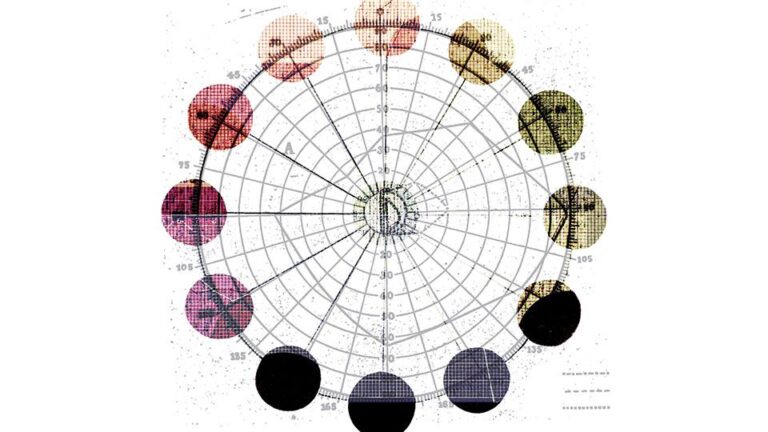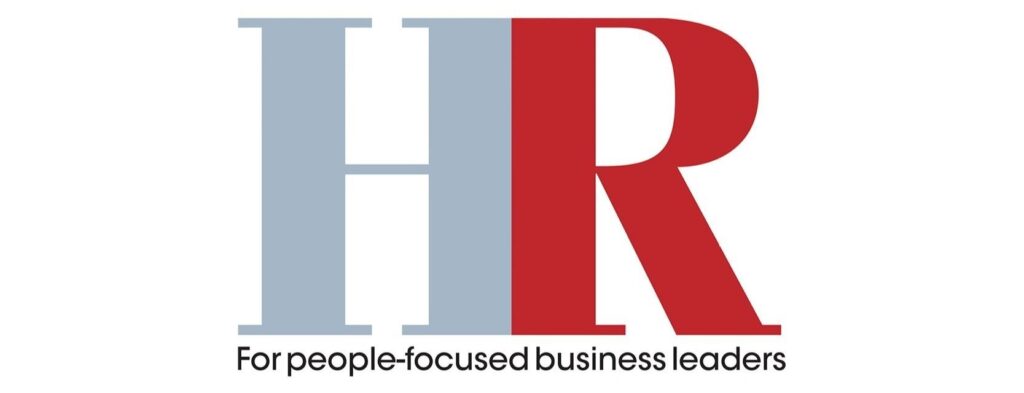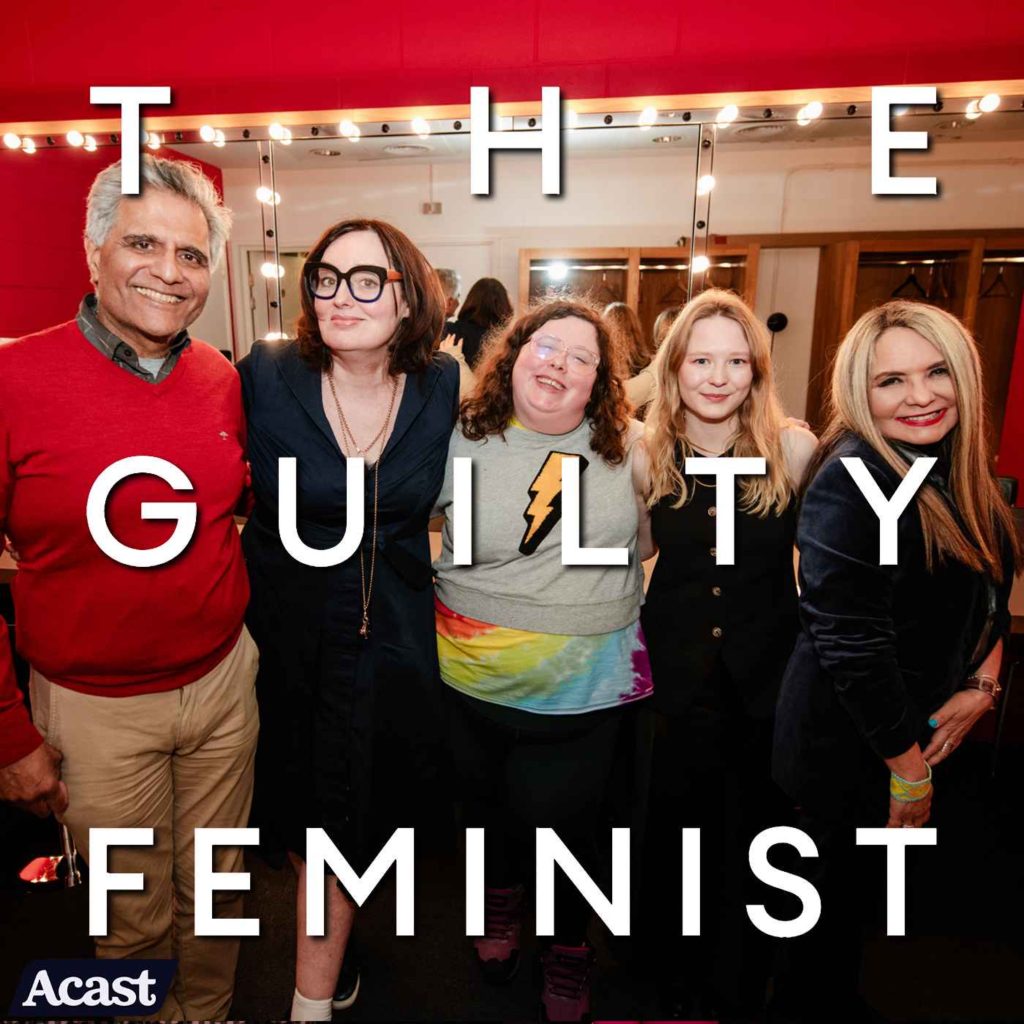The gender pay gap is a prevalent issue that continues to require ongoing efforts for its resolution. While progress is being made, it’s clear that this challenge won’t be swiftly eliminated.
Similarly, the ethnicity pay gap often remains unnoticed, despite a growing number of companies committing to disclosing their ethnicity pay gap data, and potential government mandates in the works. One significant mistake made by the majority of organizations is the tendency to treat the gender pay gap and the ethnicity pay gap as distinct issues. In reality, these disparities are intertwined, and the lack of attention paid to the ethnicity pay gap is deeply frustrating.
An illustrative example can be found in the BBC’s 2017 controversy. While there was considerable focus on the wage disparities between men and women, significantly less attention was given to the discrepancies between white and BAME (Black, Asian, and Minority Ethnic) staff. A breakdown of the BBC’s data by both ethnicity and gender reveals striking differences. The highest-earning white male earned up to £2,249,999, which is four-and-a-half times more than the highest-earning white female (£499,999), seven-and-a-half times more than the highest-paid BAME male (£299,999), and nine times more than the highest-paid BAME female (£249,999). In essence, the BBC wasn’t just grappling with a gender pay gap but also a substantial ethnicity pay gap.
Read the full article on People Management.







